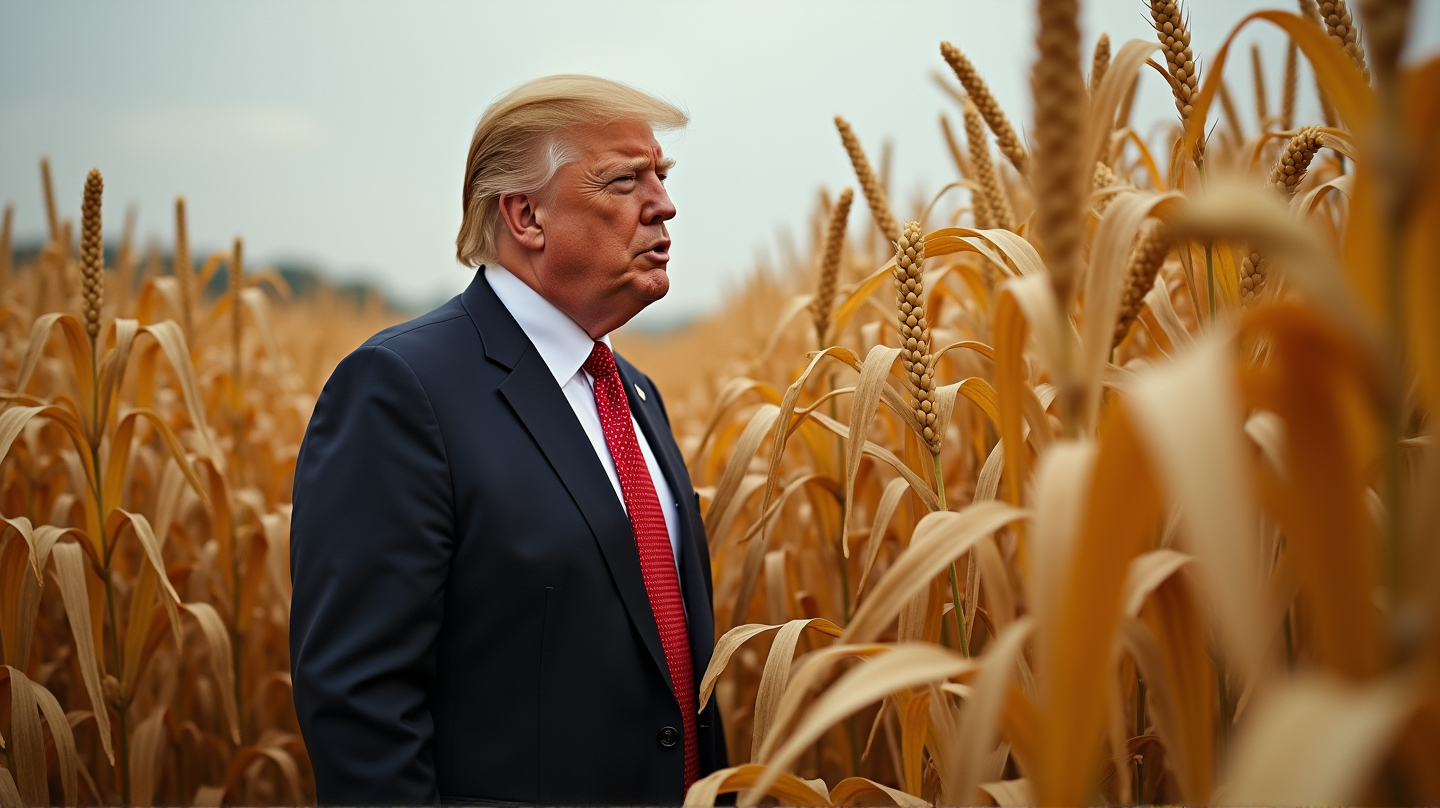In a bold move typical of his straightforward approach to international relations, President Donald Trump has stepped up pressure on China to significantly boost its imports of American soybeans. In a statement on Truth Social, Trump emphasized that such an increase would not only address China’s soybean shortage but also help mitigate the trade deficit with the United States.
An Urgent Call to Action
President Trump wasted no time in making his intentions clear, writing, “China is worried about its shortage of soybeans. Our great farmers produce the most robust soybeans. I hope China will quickly quadruple its soybean orders.” The urgency in his words highlights the importance of this agricultural commodity in the larger economic dynamics between the two superpowers.
The Looming Tariff Deadline
With the expiration of the tariff truce between the US and China set for Tuesday, President Trump’s call takes on even greater significance. This deadline raises the possibility of renewed tariffs, adding tension to an already complex relationship. According to Times of India, the outcome of these discussions could have far-reaching implications for both countries.
Ongoing Concerns About Russian Oil
The relationship between the US and China is multifaceted, stretching beyond agricultural imports to global geopolitical concerns. Vice President J D Vance commented on the situation, mentioning that while the US is contemplating tariffs on Chinese imports of Russian oil, no firm decision has been made. This illustrates the intricate balance of international relations where economic concerns interweave with broader political strategies.
A Complex Web of Relations
As Vice President Vance aptly put it, “The China issue is a little bit more complicated because our relationship with China affects a lot of other things that have nothing to do with the Russian situation.” These complexities underscore the delicate maneuvering required in Washington to maintain a balance between economic growth and international diplomacy.
The Role of Agriculture in US-China Ties
American farmers stand at the crossroads of these economic negotiations. By urging China to increase soybean imports, President Trump is not only advocating for a key agricultural sector but also using it as leverage in the broader trade discussion.
In conclusion, as these trade tensions continue to evolve, the agricultural strategies put forth by President Trump demonstrate the interconnectedness of local industries and international diplomacy, with potential outcomes that could shape global economic landscapes.
